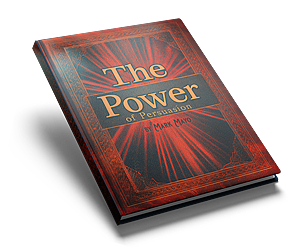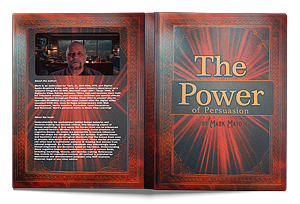A content production plan is an essential tool for businesses and individuals looking to streamline their content creation process, stay organized, and ensure consistency across various channels. In this article, we will discuss the importance of a content production plan, its components, and tips for creating an effective plan.
Importance of a Content Production Plan
A well-crafted content production plan can have several benefits, including:
- Improved organization
- Increased efficiency
- Consistency in tone and style
- Enhanced collaboration among team members
- Better alignment with business objectives
- Easier tracking of progress and performance
Components of a Content Production Plan
1. Content Strategy
A content strategy outlines the overall goals and objectives of your content marketing efforts. It includes:
- Target audience identification
- Demographics
- Psychographics
- Behavior patterns
- Content themes and topics
- Platforms and channels
- Content formats (e.g., blog posts, videos, podcasts)
- KPIs and success metrics
2. Content Calendar
A content calendar helps organize and schedule content creation and publication. It should include:
- Content topics and themes
- Deadlines for drafts, revisions, and final approvals
- Publishing dates and times
- Responsible team members
- Channels and platforms for distribution
3. Content Creation Process
A content creation process outlines the steps and workflows involved in producing content. It may include:
- Ideation and brainstorming
- Research and data gathering
- Drafting
- Editing and proofreading
- Design and multimedia elements
- Legal and compliance checks
- Final approval and sign-off
4. Content Distribution and Promotion
A plan for content distribution and promotion ensures your content reaches the right audience. It may include:
- Organic tactics (e.g., SEO, social media sharing, email marketing)
- Paid tactics (e.g., social media advertising, sponsored content, PPC)
- Influencer and partnership opportunities
- Cross-promotion with other content and campaigns
5. Content Performance Tracking and Analysis
Regular tracking and analysis of content performance helps inform future strategies and tactics. Key aspects to track include:
- Engagement metrics (e.g., likes, shares, comments)
- Conversion metrics (e.g., leads, sign-ups, sales)
- Traffic sources and patterns
- SEO performance (e.g., keyword rankings, backlinks)
- User behavior (e.g., time on page, bounce rate)
Tips for Creating an Effective Content Production Plan
- Align with Business Objectives: Ensure your content production plan supports your overall business goals and objectives.
- Be Flexible: Stay open to adjustments and improvements based on performance data and audience feedback.
- Encourage Collaboration: Foster a collaborative environment where team members can contribute ideas, feedback, and expertise.
- Stay Organized: Use project management tools and software to keep your content production plan organized and accessible.
- Prioritize Quality: Focus on producing high-quality content that resonates with your target audience and supports your brand image.
In conclusion, a content production plan is a vital component of a successful content marketing strategy. By organizing and streamlining your content creation process, you can drive better results and make more informed decisions about your content marketing efforts.










